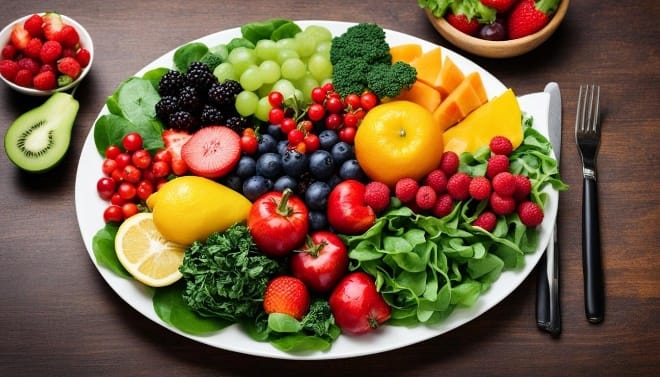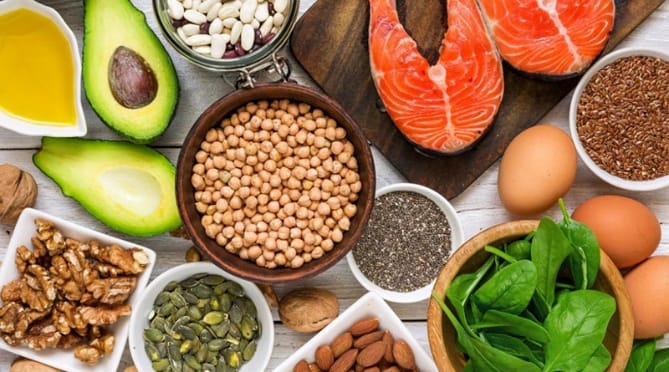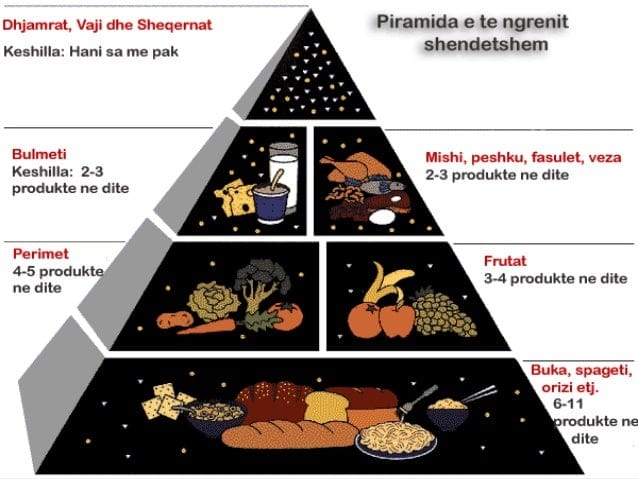The importance of nutrition in cancer patients
Healthy eating is essential for cancer patients, as it helps support the immune system, manage the side effects of treatments, maintain a healthy body weight, and improve quality of life. Diets rich in vitamins, minerals, protein, and healthy fats can make a big difference in the recovery process and in coping with the challenges associated with cancer treatment.
- Food for cancer prevention:
In many cases, studies have shown that a healthy diet can help prevent the development of some types of cancer. Foods that are rich in antioxidants, vitamins, and fiber, such as fruits, vegetables, whole grains, and nuts, may offer protection against DNA damage and help prevent the development of tumors. Some of the most well-known foods linked to cancer prevention include:
⦁ Broccoli and other vegetables like cabbage and cauliflower
⦁ Red fruits, such as blueberries, cherries, and turnips
⦁ Nuts and seeds, rich in omega-3 fatty acids and fiber
⦁ High-fiber foods, such as whole grains, legumes, and green vegetables. - Nutrition during the recovery phase after cancer treatment:
After completing cancer treatment, patients often face a recovery phase, which can require a lot of energy and effort to return to their previous physical condition. During this period, it is very important for patients to consume a diet rich in proteins and vitamins, which help rebuild tissues and strengthen the body to fight fatigue and restore energy. Foods that can help with recovery include:
⦁ Protein: Fish, white meat, eggs, cheese, and plant sources such as legumes and soy.
⦁ Healthy oils: Avocados, olive oil, and nuts to provide healthy fats.
⦁ Fresh vegetables and fruits to provide vitamins, minerals and fiber that aid healing processes. - Caring for mouth pain and sensitivity:
One of the common side effects of cancer treatments (especially chemotherapy and radiotherapy) is mouth pain, decreased ability to eat, or sensitivity to certain foods. To help with this, patients can use foods that are soft and easy to chew and swallow, such as:
⦁ Homemade smoothies with fresh fruits and vegetables
⦁ Warm, but not hot, soups to reduce pain when swallowing
⦁ Mix with yogurt, to provide calcium and light protein. - Nutrition and managing high blood sugar levels:
For patients who have diabetes or who develop high blood sugar levels as a result of cancer treatments, it is very important to consume carbohydrate foods with a low glycemic index. These foods help manage sugar levels and are useful for maintaining energy during treatment. Such foods include:
⦁ Fresh vegetables, such as broccoli, spinach and carrots.
⦁ Whole grains, such as brown rice and wheat.
⦁ Legumes, such as beans and chickpeas, which are high in fiber and have a positive effect on controlling sugar levels. - Maintaining fluid balance:
For cancer patients, proper hydration is very important to maintain body function and prevent dehydration, which can occur due to side effects of treatments, such as diarrhea and vomiting. Water is the best choice to keep the body hydrated, but other fluids can also be consumed, such as:
⦁ Natural juices, such as those from fruits and vegetables.


